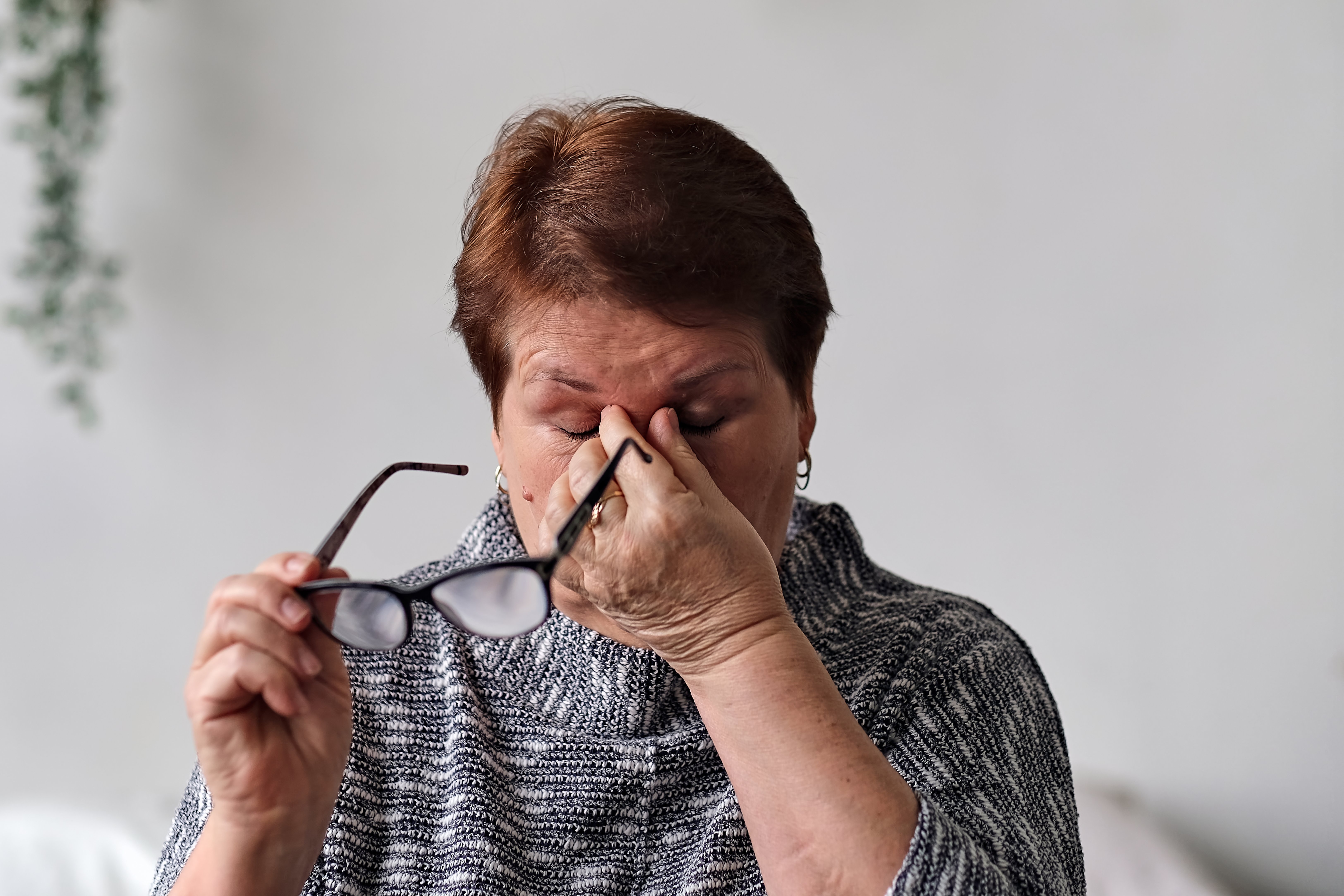
Few people are completely blind. Most of those categorized as blind still have some vision. Fortunately, developments in low vision rehabilitation can help them improve their quality of life and visual function.
What Is Low Vision?
Low vision describes a condition that makes performing routine tasks challenging. Unfortunately, corrective lenses and other treatments like medications and surgery cannot fix the problem. You may have low vision if your eyesight prevents you from performing the following tasks:
Driving
Reading
Viewing the display on your computer or television clearly
Recognizing the faces of people
Telling colors apart
Types of Low Vision
The condition or disease that caused your vision deficiency will determine your low vision type. The most common types include the following:
Hazy or blurry vision
Central vision loss
Night blindness
Peripheral vision loss
What Is the Treatment?
You cannot entirely correct low vision—defined as a decrease in visual acuity or visual field—with glasses, contact lenses, medication, or surgery. Eye care professionals generally regard it as treatable but not curable. Various methods and technologies are available to assist people with low vision to see better and perform daily tasks more efficiently. Unfortunately, the underlying cause of their visual impairment is irreversible.
Common Interventions
Magnifying glasses and telescopes, large-print books and newspapers, and electronic devices such as CCTVs and text-to-speech software are all common interventions for this condition. Low-vision clinics may provide adaptive devices and services, such as special computer software, handheld video magnifiers, and training.
There are also several medical treatments available to help improve vision. These include occlusion therapy, vitamin A therapy, and stem cell therapy. It is also worth noting that people with this vision condition may benefit from psychological counseling and social support. Low vision can be challenging to adjust to, and those affected may feel frustrated, depressed, or isolated.
How to Make the Most of Your Remaining Sight
If you have low vision, you can still do what you enjoy and find ways to maximize your vision. If your vision loss is not too severe, you can make simple adjustments to improve your vision. You can act by using greater illumination at work or home and wearing glare-reducing eyewear.
You can use a magnifying glass for close-up work such as reading. Ask your eye doctor about vision rehabilitation if your vision loss makes it difficult for you to carry out daily tasks. You can learn how to cope with your vision loss with the aid of a specialist. That may include training on using a magnifying device for reading and guidance for setting up your home so you can move around safely.
Conclusion
Are you worried about your vision? If so, you should consult an eye care professional. They will evaluate your vision and help you determine the best treatment options for your specific needs. The eye condition that caused your low vision will determine your treatment options. Inquire with your doctor if any treatments could improve or protect your remaining vision.
For more on low vision, contact Chroma Optics at our Burlington, Vermont office. Call (802) 497-1676 to schedule an appointment today.








